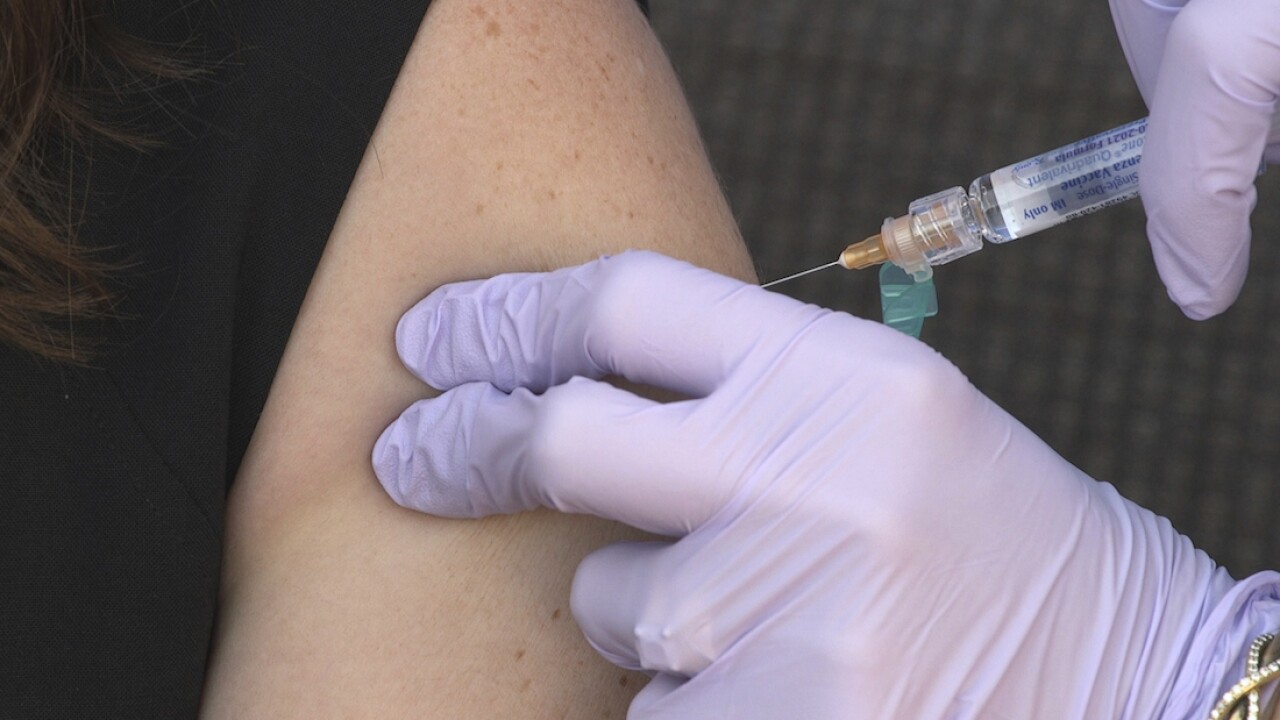DENVER — Colorado health officials are projecting fewer COVID-19 cases and hospitalizations if more people continue to receive the vaccine heading into the summer, with the possibility of 70% immunity by August if transmission control efforts stay in place.
The data released in the state's latest modeling report Friday underscored the importance of vaccine distribution in keeping cases and hospitalizations on a decline: "The continued high levels of hospitalizations and infections are likely due to increased mobility and the spread of infection among the Coloradans who are not yet immune," the report said.
The report, prepared by data modeling experts at the Colorado School of Public Health, was released the same day Colorado Gov. Jared Polis announced he was lifting the state mask mandate. Colorado officials now suggest — but don't require — that unvaccinated people still wear a mask. Vaccinated people do not need to wear a mask in most settings, Polis said.
The data report also factored in younger teens beginning to receive the vaccine; the FDA last week authorized emergency use of the vaccine for children ages 12-15.
The report did not make conclusions about mask wearing, or lack thereof, but did say a decrease in transmission control — COVID-19 prevention efforts, such as social distancing and wearing masks — could keep the case and hospitalization levels at current levels for months to come.
While COVID-19 infectious rates are still relatively high — about 1 in 81 Coloradans are infectious, higher than estimates in March — two goals, if met, could help Colorado reach 70% immunity by August: A high uptake of vaccinations among children ages 12-15 and getting 80% of people under 65 vaccinated.
The report estimated that about 48% of Coloradans are immune to COVID-19 due to vaccination or prior infection and that about 47% of Coloradans have received at least one dose of a COVID-19 vaccine.
“There are high levels of SARS-CoV-2 infection in Colorado right now, and the unvaccinated, even those under 65, face real risks of infection and, in some cases, hospitalization and death,” Beth Carlton, PhD, associate professor of Environmental and Occupational Health at the Colorado School of Public Health, said in a news release. “If we can work together to prevent infections in the unvaccinated and promote high levels of vaccination across the state, Colorado can be in a much better place this summer.”



